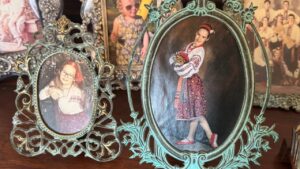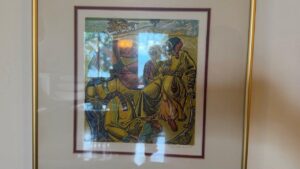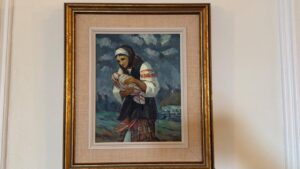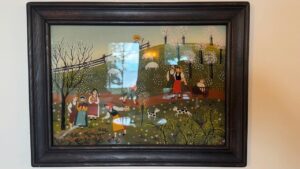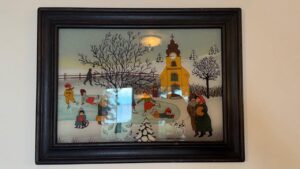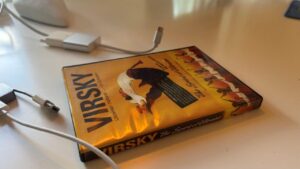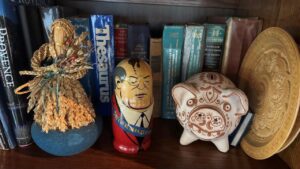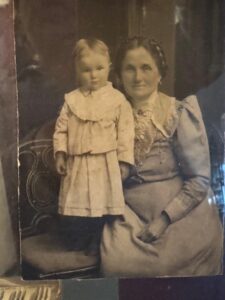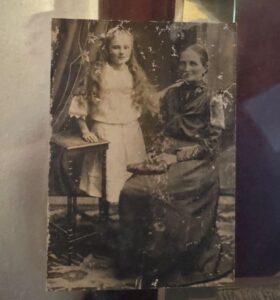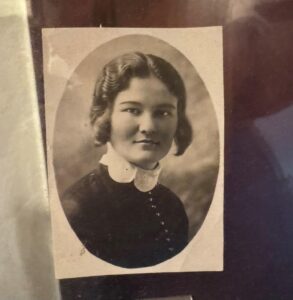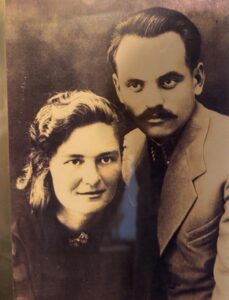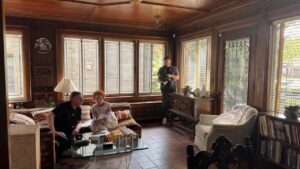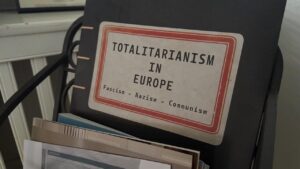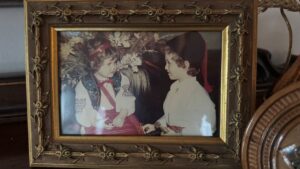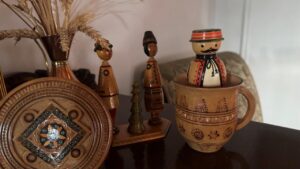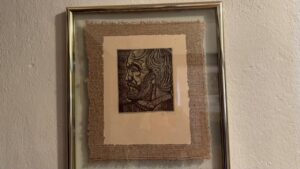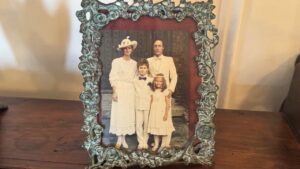Recently, we had the privilege of meeting and recording an interview with Myroslava Oleksiuk — a director, cultural activist, and a woman who has spent decades ensuring that the Ukrainian voice could be heard in the world.
Her life reflects the path of the Ukrainian diaspora: from childhood in an émigré family, where preserving language and memory was a necessity, to years of work in cinema and cultural projects. Growing up far from her homeland, Myroslava understood that culture itself could be a way of survival — through words, cinema, theater, and music.
In the 1970s and 80s, she undertook the ambitious project of filming “Virsky. Spirit of Ukraine.” For the Ukrainian diaspora, it was a breakthrough — for the first time, a major film sought to capture not Soviet officialdom, but the authentic beauty and power of Ukrainian dance. She recalls the enormous challenges of that time: constant pressure from the KGB, censorship, and surveillance. Even accessing archives was a battle. Yet the Ukrainian community in Canada stood beside her — helping, funding, preserving, and encouraging.
Her testimony is not only about cinema. It is about how Ukrainians abroad became a voice of truth when that truth was silenced at home. She speaks of the weight of responsibility, when in exile one had to be both an artist and a chronicler, a witness and a guardian.
“Every reel of film felt like resistance. We were preserving Ukraine’s spirit on screen while they tried to erase it at home.”
“Being abroad did not free us from responsibility. On the contrary — it gave us the duty to speak louder for those who could not.”
She remembers with pain how cultural projects of Ukrainians in Canada were branded “hostile” by the Soviet state, and how any uncensored Ukrainian word was immediately condemned as “nationalism.” But running through her story is also strength — the strength of those who refused to let Ukrainian culture be erased.
Today, her words resonate with even greater urgency. What she fought for decades ago — Ukraine’s right to its own voice, its memory, its culture — is now being defended on the battlefield, in films, in books, and in everyday life.
 This interview will become an important part of our project, which connects history with the present: how the diaspora safeguarded the Ukrainian word, and how Ukraine today fights for the right to speak it freely.
This interview will become an important part of our project, which connects history with the present: how the diaspora safeguarded the Ukrainian word, and how Ukraine today fights for the right to speak it freely.




